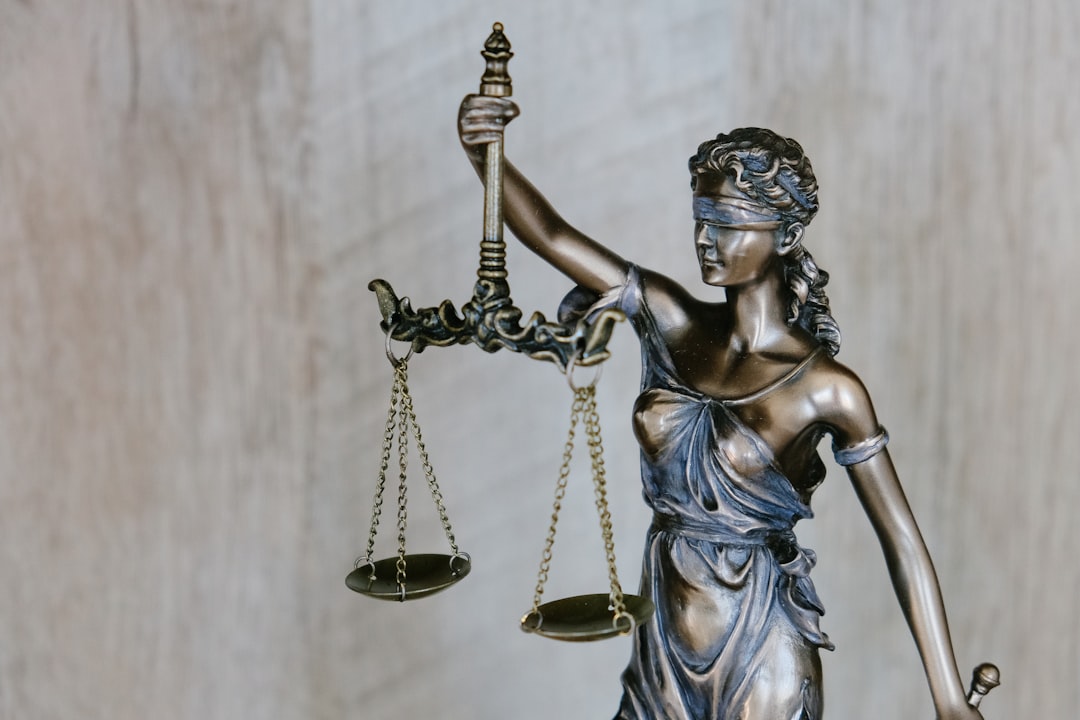Robocalls have become a significant problem in Arkansas, targeting both individuals and businesses with fraudulent promises and attempts to steal personal information. The state's robust aerospace industry is particularly vulnerable, leading to disruptions in operations like airline bookings and maintenance requests. Robocall attorneys specializing in telecommunications law are fighting back by educating residents on their rights and taking legal action against perpetrators. These experts help aerospace companies navigate federal regulations like the TCPA, draft custom agreements, and advise on do-not-call lists, ensuring operations remain protected from unwanted automated communications.
In the modern era, “robocalls” pose a growing threat to businesses worldwide, including Arkansas’ thriving aerospace industry. This article delves into the impact of automated phone calls on the state’s economic backbone. We explore their prevalence and analyze how they affect key sectors, particularly aerospace manufacturing and research. Additionally, we highlight legal strategies available for Arkansas-based companies to combat this nuisance through expert robocall attorneys, ensuring a robust defense against these intrusive calls.
Understanding Robocalls and Their Prevalence in Arkansas

Robocalls, automated phone calls that deliver pre-recorded messages, have become increasingly prevalent in Arkansas, much like in many other parts of the country. While they can serve legitimate purposes such as appointment reminders or automated banking updates, robocalls are often associated with telemarketing, political campaigns, and, more concerning, fraud. In Arkansas, where a significant portion of the economy relies on the aerospace industry, the surge of robocalls poses unique challenges. Many fraudulent robocalls target individuals with false promises or attempts to trick them into revealing personal and financial information, which can have severe implications for the state’s residents and businesses.
The prevalence of robocalls in Arkansas has led to growing concerns among residents and prompted the search for effective solutions. Robocall attorneys in Arkansas play a crucial role in navigating this complex issue. These legal experts specialize in combating fraudulent robocalls, helping victims understand their rights, and pursuing legal actions against perpetrators. With the continuous evolution of technology, staying ahead of robocall tactics is essential to protect Arkansas’s aerospace industry and its workers from potential financial losses and privacy breaches.
The Effects of Robocalls on the State's Aerospace Sector

The rise of robocalls has significantly impacted various industries, and Arkansas’s aerospace sector is no exception. With the increasing number of automated phone calls from robocall attorneys seeking to represent consumers, the state’s aerospace companies are facing new challenges. This surge in robotic communication can disrupt operations, leading to potential delays and increased costs for businesses already navigating complex regulatory environments.
Airline bookings, maintenance requests, and supplier communications—all crucial aspects of the aerospace industry—are now subject to automated interruptions. While some robocalls may offer valuable legal services, they also contribute to a growing problem of information overload, where human interaction becomes increasingly vital for effective business management. As such, Arkansas’s aerospace industry advocates for balanced regulations to protect consumers from excessive robocalls while allowing for necessary communications.
Legal Strategies for Arkansas Aerospace Companies Against Robocalls

Arkansas’s aerospace industry, a vital segment of the state’s economy, is facing a growing challenge from robocalls. These automated telephone calls, often used for marketing purposes, can be a nuisance to consumers and detrimental to businesses. To combat this issue, Arkansas-based aerospace companies have several legal strategies at their disposal.
Seeking assistance from robocall attorneys specialized in telecommunications law is one effective approach. These legal experts can help companies understand and navigate the complexities of federal regulations like the Telephone Consumer Protection Act (TCPA). They can draft tailored legal agreements, provide guidance on do-not-call lists, and represent the industry in court if necessary. Additionally, working with these attorneys to develop robust internal policies and training programs can empower aerospace firms in Arkansas to proactively defend against robocalls, ensuring their operations remain unobstructed by unwanted automated communications.






